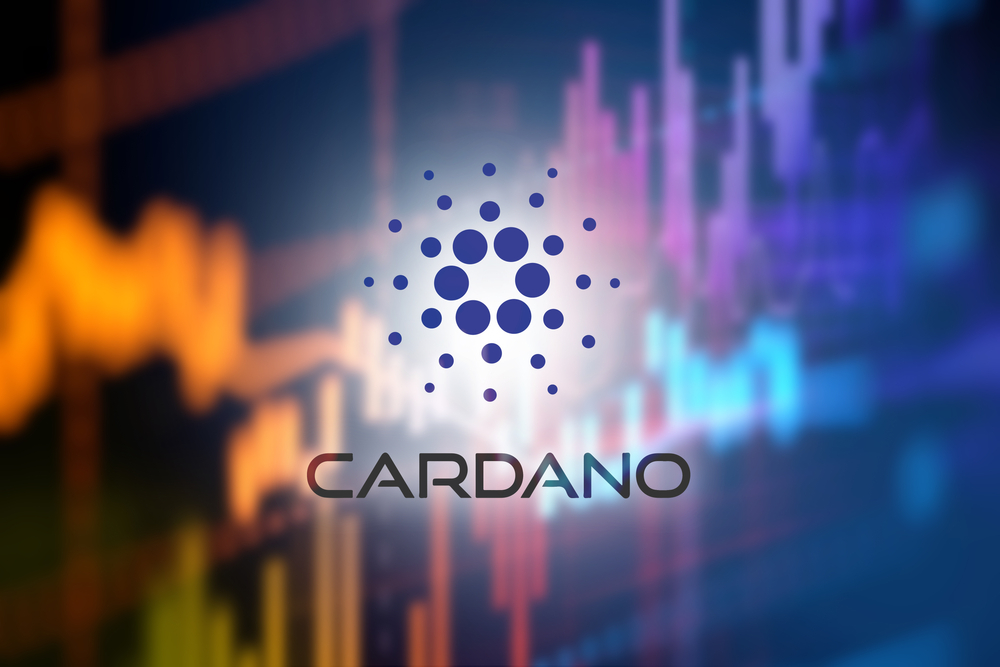Open Finance or Decentralized Finance (DeFi)? All You Need To Know

Open Finance and Decentralized Finance (DeFi) are two approaches that have gained momentum in the financial landscape in recent years. Unlike traditional banking, these innovations leverage technology to provide more transparent, accessible, and inclusive financial services. This guide delves into Open finance and DeFi, exploring their features, use cases, challenges, and their relationship.
What is Open Finance?
Open Finance is a shift in traditional banking, utilizing technology to deliver transparent and accessible financial services. It aims to promote inclusivity and innovation to expand the concept of open banking. Open Finance relies on secure APIs, allowing consumers to integrate their bank accounts with third-party services, thereby gaining control over their financial data.
Features of Open Finance
Key features of Open Finance include its focus on financial inclusion and open-source financial tools. Platforms like Tink and Plaid provide secure APIs, enabling seamless integration of third-party services with consumers’ bank accounts.
Open-source finance tools promote transparency and collaboration, fostering the development of innovative solutions through community-driven initiatives. Additionally, Open Finance prioritizes interoperability, allowing diverse financial protocols and applications to interact seamlessly.
Try Crypto Engine today, the best crypto trading bot! Click here to sign up. Artificial intelligence crypto bots are leading the trading markets, you can take part in the AI revolution and make money too! Stay ahead of the crypto game with Artificial Intelligence crypto trading bot today!
By compiling customer data into easily accessible bits, Open Finance empowers consumers to optimize their financial activities and gain greater control over their financial data. This focus on accessibility, transparency, and collaboration distinguishes Open Finance from traditional banking models.
Use cases
Open finance democratizes investment opportunities, enabling individuals to access real-time market data, conduct risk analysis, and manage asset portfolios dynamically. Through open-source financial tools, investors can diversify their portfolios with various assets, including equities, commodities, and cryptocurrencies.
Open Finance also revolutionizes the insurance industry by automating payouts through parametric insurance products based on predetermined criteria. Furthermore, it expedites borrowing processes through decentralized lending protocols, connecting borrowers with investors globally.
Challenges of Open Finance
Open finance faces challenges related to data privacy, vulnerability to financial fraud, and regulatory uncertainties. Operational risks and API interoperability issues pose additional hurdles. Balancing inclusivity with robust security measures remains a crucial challenge for the sustainable development of Open Finance ecosystems.
What is Decentralized Finance (DeFi)
Decentralized Finance (DeFi) is a subset of Open Finance, leveraging distributed ledger technology to eliminate third parties from accessing financial transactions. Built on blockchain tech, DeFi empowers users through peer-to-peer financial interactions, bypassing traditional intermediaries like banks.
Features of Decentralized Finance
Decentralized Finance (DeFi) empowers users to engage in financial transactions without geographical restrictions or dependence on centralized institutions. DeFi leverages blockchain technology to offer lower fees, higher interest rates, and transparent transactions through smart contracts.
These contracts are auditable by all users on the blockchain, ensuring trust and security. Furthermore, DeFi protocols are naturally compatible with each other, fostering interoperability and innovation within the decentralized ecosystem. Eliminating intermediaries reduces counterparty risk and enables direct peer-to-peer interactions, democratizing access to financial services.
DeFi Use Cases
Use cases of Decentralized Finance (DeFi) are financial activities conducted on blockchain networks without intermediaries.
- Lending Protocols
DeFi platforms like MakerDAO and AAVE enable users to borrow and lend cryptocurrencies without traditional financial institutions. Borrowers can leverage their cryptocurrency holdings as collateral to obtain loans, while lenders earn interest on deposited funds. This decentralized lending model provides alternative funding options, particularly beneficial in regions with limited banking infrastructure.
- Decentralized Exchanges (DEXs)
DEXs facilitate peer-to-peer cryptocurrency trading without centralized intermediaries. Users can securely exchange digital assets directly with each other, enhancing liquidity and reducing the risk of manipulation or censorship. DEXs also offer greater privacy and control over assets than centralized exchanges, appealing to users seeking autonomy in their financial transactions.
- Derivatives Trading
DeFi protocols offer derivative products such as perpetual futures contracts, enabling users to hedge against cryptocurrency volatility or speculate on digital asset prices. These decentralized derivatives provide transparent and accessible risk management tools, benefiting industries reliant on stable pricing, including finance, commodities, and logistics.
- Decentralized Autonomous Organizations (DAOs)
DAOs represent a novel organizational structure governed by smart contracts on the blockchain. Participants collectively make decisions regarding fund allocation, project governance, and protocol upgrades without centralized authority. DAOs revolutionize traditional corporate governance, offering transparent and democratic frameworks for collaborative decision-making and resource management.
- Yield Farming and Liquidity Provision
DeFi platforms incentivize users to provide liquidity to decentralized liquidity pools through yield farming. By staking their assets in these pools, users earn rewards through additional tokens or transaction fees. Yield farming promotes liquidity and efficiency in decentralized financial markets, encouraging participation and innovation in DeFi ecosystems.
Challenges of DeFi
Technical proficiency requirements and regulatory uncertainties pose challenges for DeFi adoption. Risks related to fraud, hacking, and poor programming require careful navigation. Future regulatory crackdowns may impact the feasibility of DeFi projects, highlighting the need for regulatory clarity.
Open Finance vs. Decentralized Finance
While Open Finance and DeFi share the goal of transforming the financial sector, they diverge in their approach and underlying philosophy. Open Finance seeks to enhance existing infrastructure through collaboration and transparency. Contrastingly, DeFi aims to disrupt it entirely by replacing intermediaries with code and blockchain technology.
Conclusion
Open Finance and DeFi are shaping the future of finance, each offering unique solutions to longstanding challenges in the industry. However, overcoming regulation, security, and user adoption challenges will be critical for realizing the full potential of these transformative paradigms.
Disclaimer: Latest Coin News is your go-to platform for promoting content for a multitude of cryptocurrency and blockchain enterprises, and your organization could be the next to benefit from our services! For inquiries, don’t hesitate to connect with us via our Telegram Chat. Given the volatile nature of the cryptocurrency market, we encourage you to conduct comprehensive research prior to making any investment decisions. Some of the content on our website, such as broker reviews, is either paid content or contributions from guest authors and may not necessarily reflect the views of Latest Coin News. We disclaim any responsibility for the accuracy, quality, and content of advertisements, products, or any other materials, including ad spaces displayed on our platform. For a thorough understanding, we invite you to review our full terms and conditions and disclaimer.






